This reveals the fundamental difference in how they think about space.
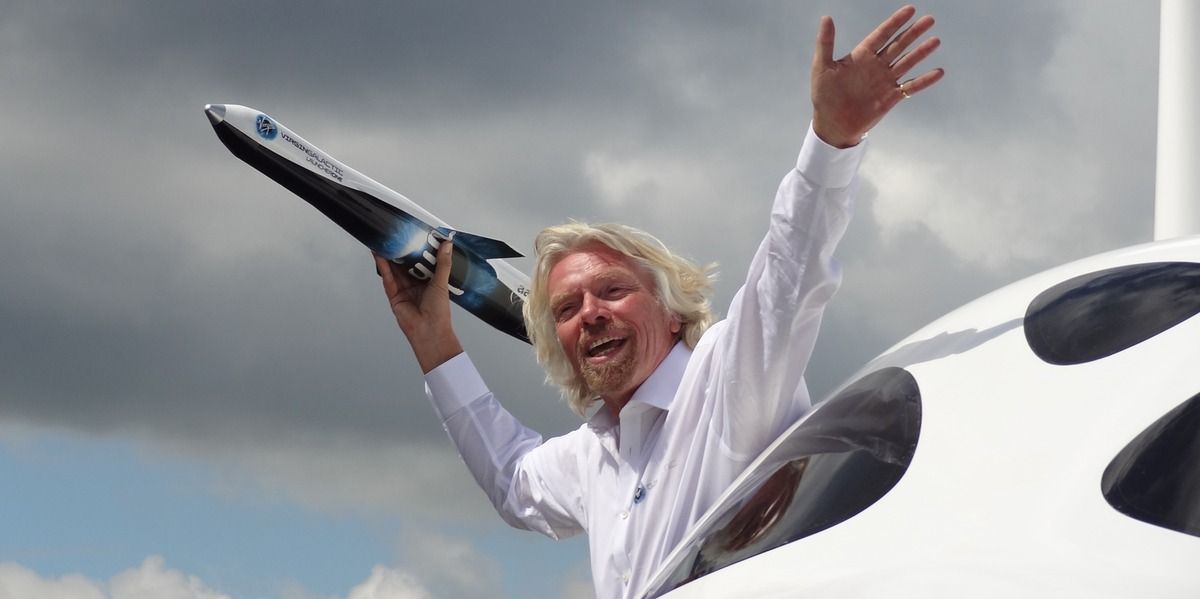

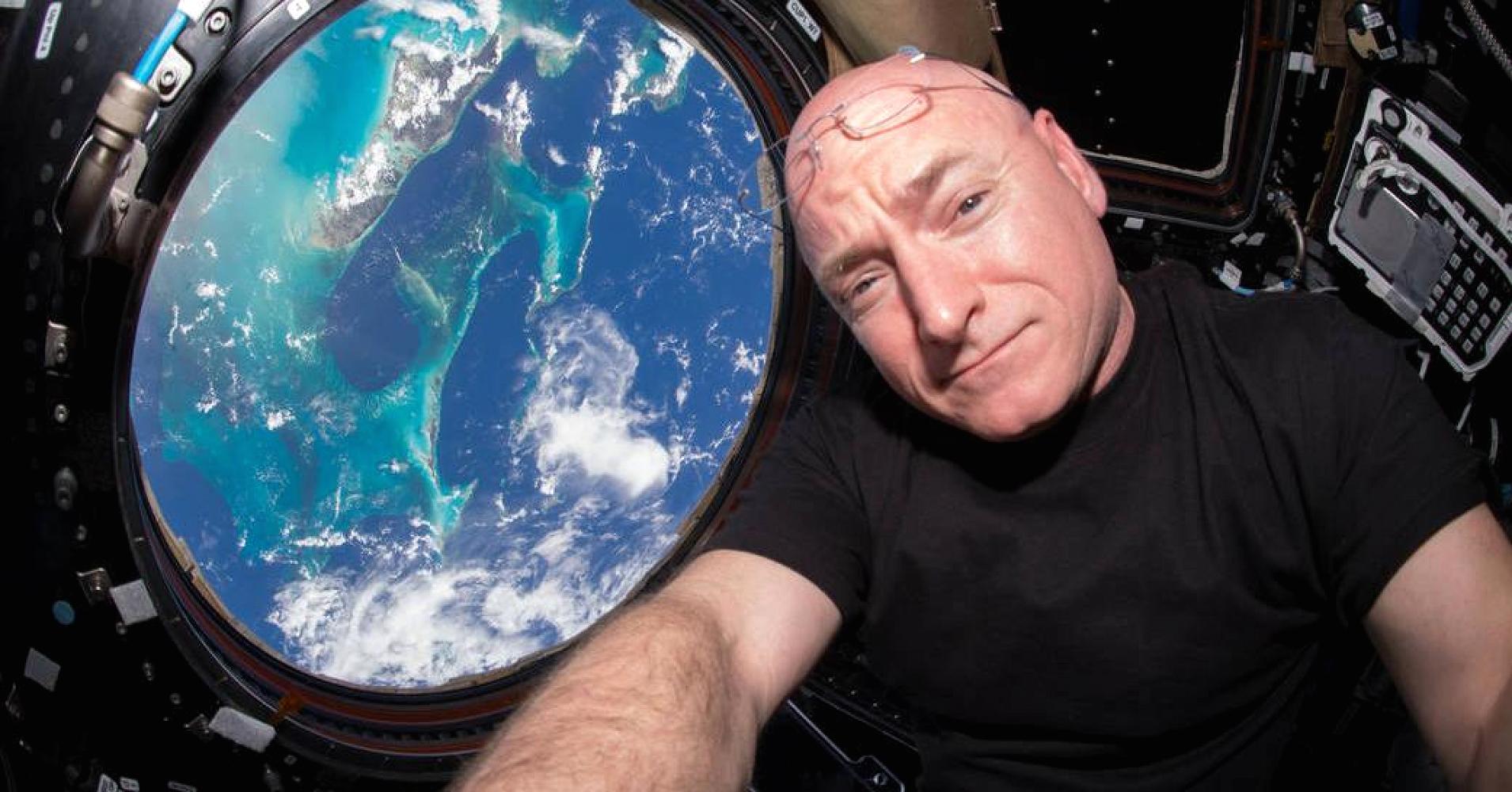
Elon Musk is racing to land SpaceX on Mars in five years, a vision he unveiled late last month at the 2017 International Astronautical Congress.
One man not among Musk’s critics is Scott Kelly, a retired astronaut who set the record in 2015 for total accumulated days in space, during the single longest mission by an American.
“When Elon Musk said he was going to launch his rocket and then land the first stage on a barge, I thought he was crazy,” Kelly told “Squawk Box” on Tuesday. “And then he did it. I’m not going to ever doubt what he says, ever again.”
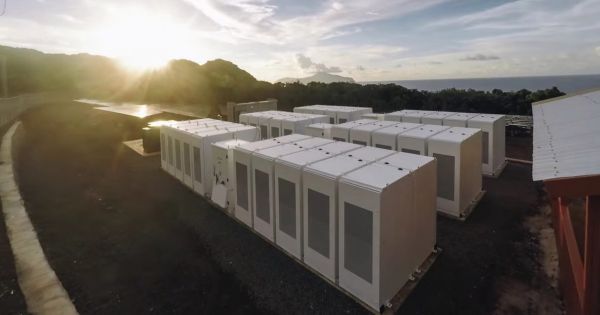
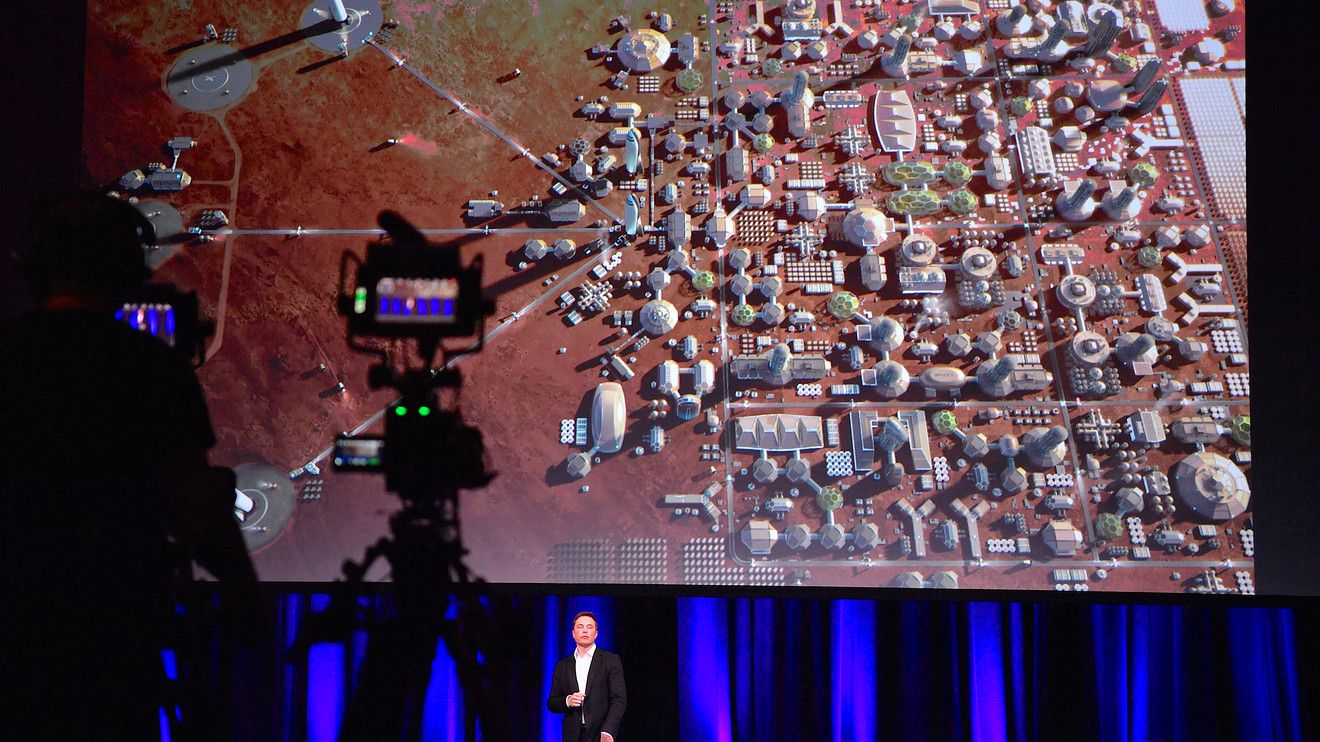
Entrepreneur Elon Musk’s announcement last week accelerating plans for manned flights to Mars ratchets up political and public relations pressure on NASA’s efforts to reach the same goal.
With Musk publicly laying out a much faster schedule than NASA — while contending his vision is less expensive and could be financed primarily with private funds — a debate unlike any before is shaping up over the direction of U.S. space policy.
Read: Before Elon Musk can get SpaceX to Mars, he must overcome these nontechnical hurdles.
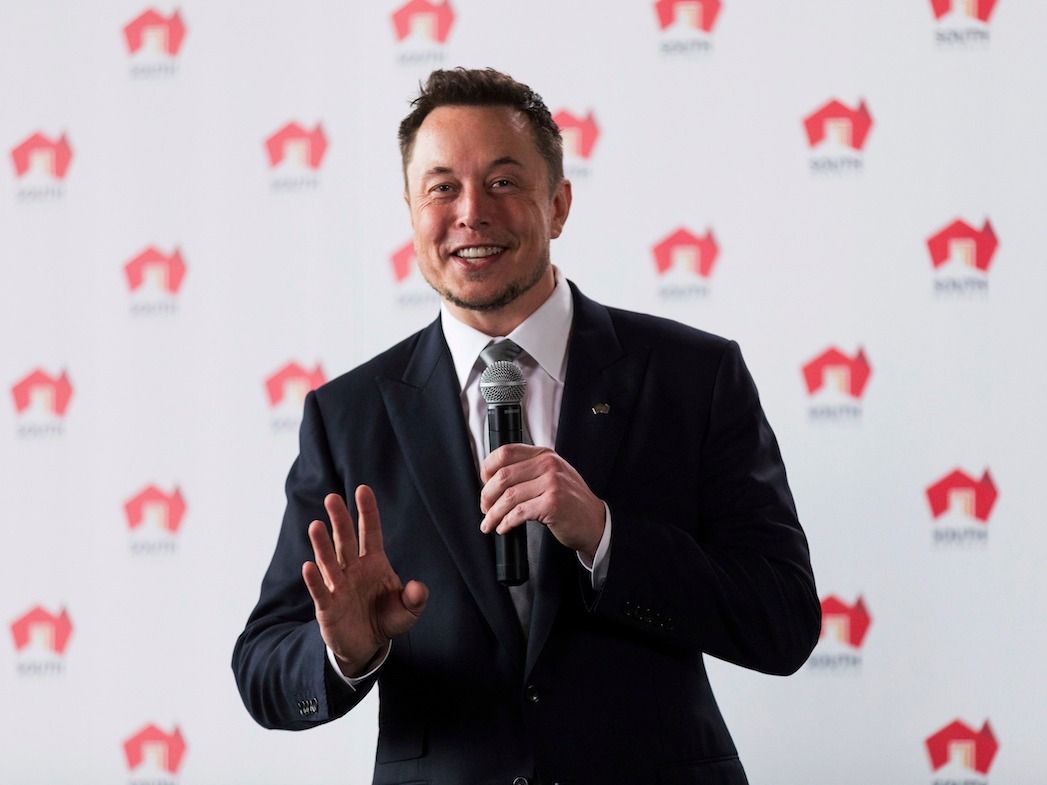
On Friday, Tesla and SpaceX CEO Elon Musk said that the company was halfway done building the battery bank that will become the world’s biggest battery once it’s complete. Musk made the announcement at a party overlooking the project’s construction, ABC News Australia reported.
Tesla is building the 129-MWh battery with French energy company Neoen. The battery will be draw energy from Neoen’s Hornsdale wind farm that’s 142 miles north of Adelaide. The electricity will be delivered to South Australians during peak grid times to reduce the number of blackouts in the area, which are frequent in summer months.
“The system is a big battery, a battery big enough to power 50,000 houses — the biggest in the world,” Neoen global COO Romain Desrousseaux previously told Business Insider.
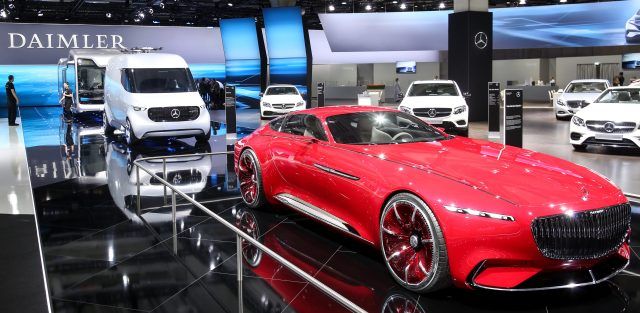
Daimler, Mercedes-Benz’s parent company, announced last week a $1 billion investment in electric car and battery production in the US.
As with any new EV investment from a legacy automaker, the media painted it as an “attack on Tesla”, but Elon Musk, Tesla’s CEO and largest shareholder, doesn’t seem too worried about it.
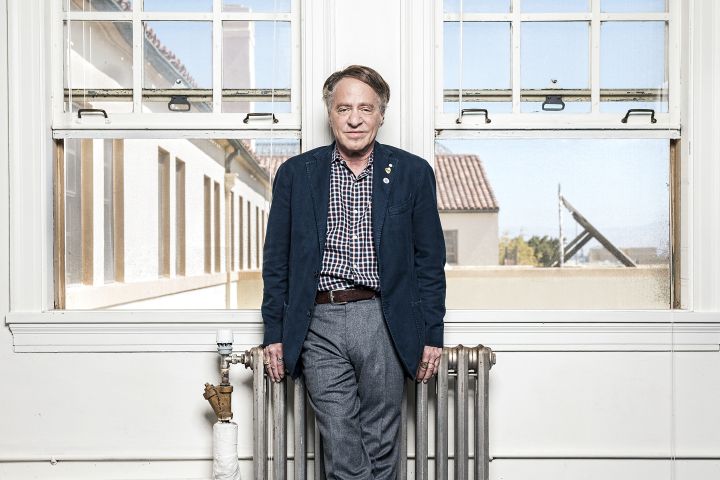
Innovation will do more good than harm, he says.
You know a topic is trending when the likes of Tesla’s Elon Musk and Facebook’s Mark Zuckerberg publicly bicker about its potential risks and rewards. In this case, Musk says he fears artificial intelligence will lead to World War III because nations will compete for A.I. superiority. Zuckerberg, meanwhile, has called such doomsday scenarios “irresponsible” and says he is optimistic about A.I.
But another tech visionary sees the future as more nuanced. Ray Kurzweil, an author and director of engineering at Google, thinks, in the long run, that A.I. will do far more good than harm. Despite some potential downsides, he welcomes the day that computers surpass human intelligence—a tipping point otherwise known as “the singularity.” That’s partly why, in 2008, he cofounded the aptly named Singularity University, an institute that focuses on world-changing technologies. We caught up with the longtime futurist to get his take on the A.I. debate and, well, to ask what the future holds for us all.
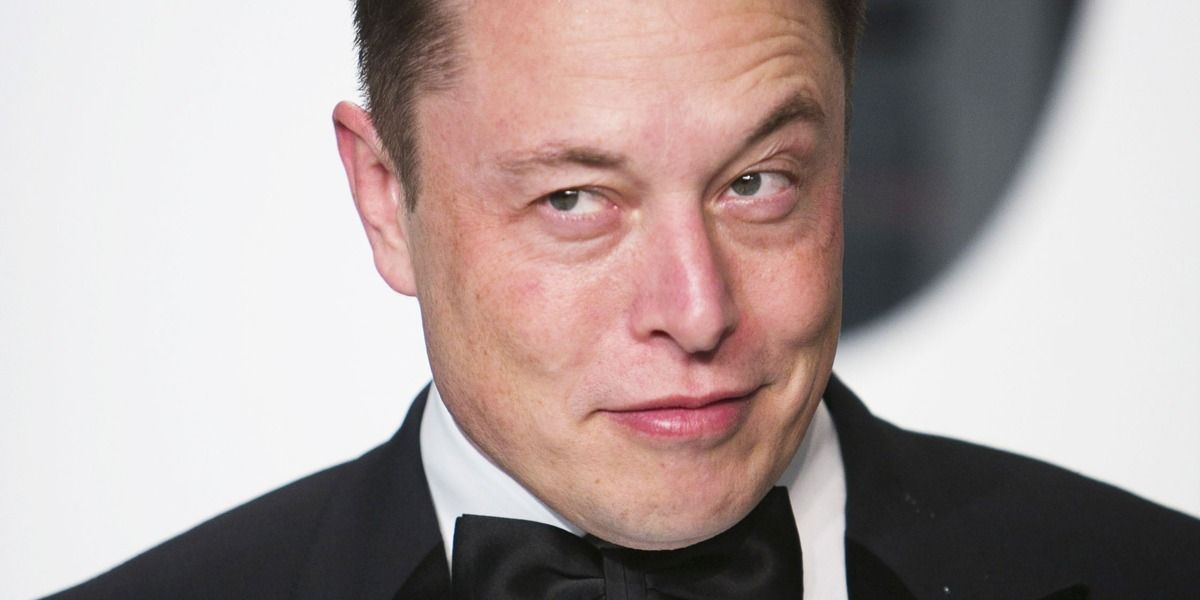
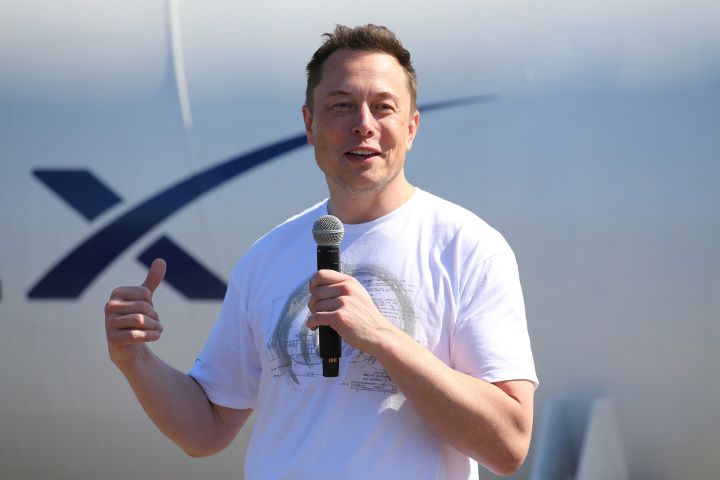
Musk said he’s “confident” the plan will be under way within five years.
“I can’t think of anything more exciting than going out there and being among the stars,” Musk said, adding that he thinks SpaceX has figured out a way to make it affordable by using revenues from the company’s satellite launches, service missions to the International Space Station and by making smaller, more efficient rockets that are mostly reusable.
Nine years after SpaceX’s first successful launch — its fourth ever — Musk said his engineers are now perfecting propulsive landing. He believes the BFR rocket can carry out missions to the moon and back without producing propellant, enabling the establishment of a lunar space station.
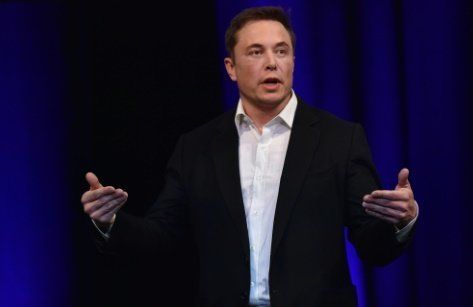
Futurist and inventor Elon Musk unveiled ambitious plans Friday to send cargo ships to Mars in five years and use rockets to carry people between Earth’s major cities in under half-an-hour.
The founder of SpaceX said a planned interplanetary transport system, codenamed BFR (Big Fucking Rocket), would be downsized so it could carry out a range of tasks that would then pay for future Mars missions.
“The most important thing… is that I think we have figured out how to pay for (BFR),” Musk told a packed auditorium at a global gathering of space experts in Adelaide.